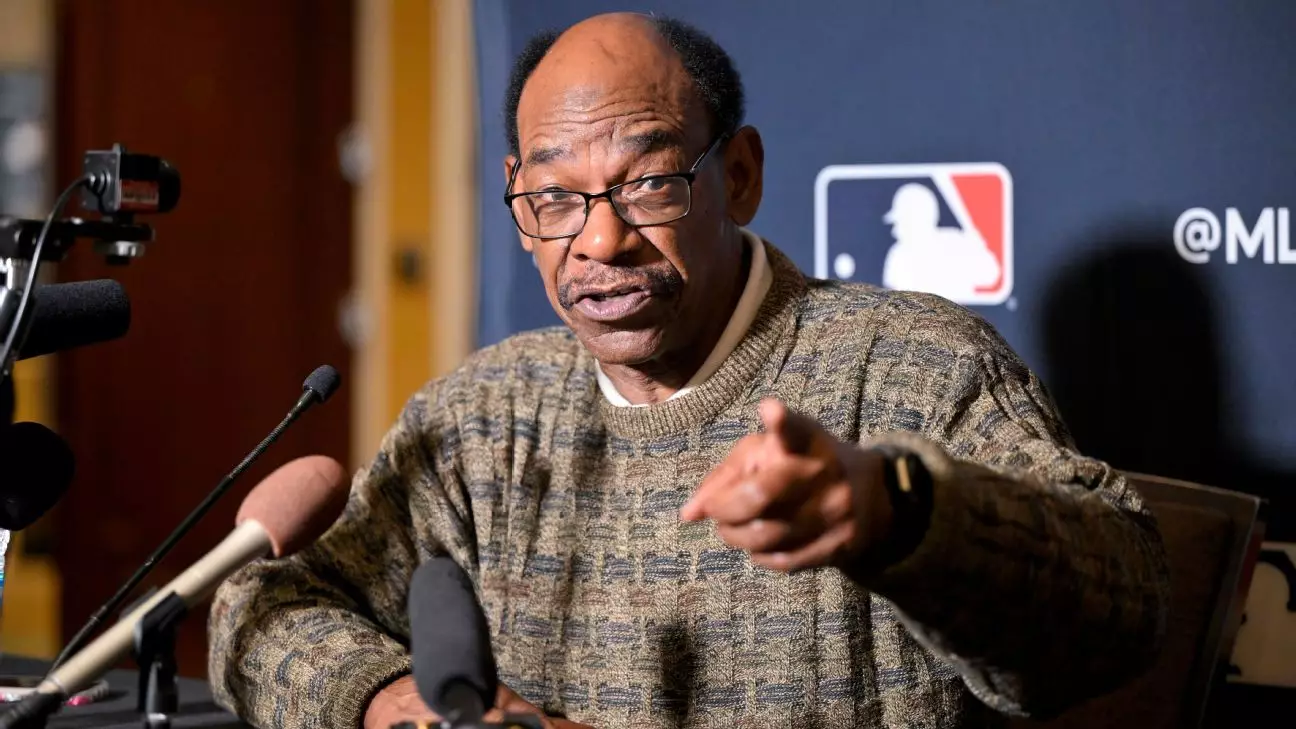The Major League Baseball (MLB) winter meetings serve as a focal point of the offseason, drawing attention not just from fans but from players, agents, and management alike. While player transactions and trade discussions certainly steal headlines—sparking imaginations about future team compositions—equally critical conversations occur behind the scenes. This year, in Dallas, managers from all 30 teams came together, sharing their perspectives on vital issues like rule changes, the playoff format, and their top competitors. This article delves into those discussions, showcasing the evolving landscape of baseball.
The State of the Game: Managers Weigh In on Rule Changes
Baseball is a sport steeped in tradition, but recent rule changes have prompted a dialogue about the game’s future. Managers expressed their thoughts succinctly, emphasizing gradual adoption rather than wholesale rejection of changes. Dave Martinez of the Washington Nationals took a positive stance, indicating that the game is “heading in the right direction” following the implementation of new rules. This embrace of evolution signals a departure from the former rigidities of baseball.
Contrastingly, Ron Washington of the Los Angeles Angels voiced his concerns about the impact of a pitch clock on younger, less experienced pitchers. He suggested that seasoned players adapt more readily than their greener counterparts, highlighting the balance that must be struck between tradition and innovation. Derek Shelton of the Pittsburgh Pirates brought forth a more radical idea, advocating for a challenge system to enhance the strike zone regulation—something reminiscent of minor league experiments. Such suggestions underscore a widespread willingness among managers to explore enhancements to the game while maintaining its integrity.
The playoff format has also come under scrutiny. Brandon Hyde of the Baltimore Orioles described multi-game wild card series as an improvement, offering a more competitive and enticing postseason landscape. Washington called for adjustments to ensure that teams leading their divisions remain engaged and active as playoffs progress, fearing that unchallenged teams may lose momentum during long waits between games.
Rocco Baldelli of the Minnesota Twins echoed these sentiments, stressing that an expanded format keeps a larger segment of the league engaged in meaningful games late in the season. This notion emphasizes a collective desire for sustained competition throughout the baseball landscape. Notably, Terry Francona of the Cincinnati Reds raised a provocative point on the trend towards bullpen games in playoffs, suggesting a need for teams to utilize their full rosters to determine the best teams, beyond just those with top pitching.
Top Opposing Hitters: Perspectives from Seasoned Managers
When asked about the most formidable hitters they face, managers displayed a healthy respect and a hint of trepidation. Martinez, like Bellevue, staked his claim on Juan Soto’s prowess; an acknowledgment of the strategic difficulties posed by such gifted players. Washington pointed directly to Mookie Betts, citing his history of punishing performances against his teams—a testament to the pressure that elite hitters place on opposing pitchers and managers.
On the flip side, Baltimore’s Hyde offered insights into the versatility of players like Shohei Ohtani, while Shelton highlighted Corbin Burnes’ exceptional command. Each reference reveals unique facets of individual talent—hitters who make demands on strategy, tactics, and psychological resilience.
The influence of managerial styles cannot be overlooked, as managers like Bruce Bochy and Terry Francona have garnered respect for their adept handling of their rosters, particularly bullpens. Baldelli’s admiration for Francona stands out as he praises the veteran manager’s ability to maximize the potential of his players. This speaks not only to their tactical prowess but also to a deeper philosophy that values player-focused management—an increasingly critical trait in modern MLB.
Managers are acutely aware of the pressures in play, not only from opponents but also from within their own organizations. As a result, camaraderie among managers emerges, with mutual respect for the challenges each faces as seasons turn and games play out with high stakes.
As evidenced by conversations at the winter meetings, the future of baseball appears to be a blend of tradition and innovation. The willingness of managers to engage with rule changes, refine playoff formats, and confront the challenges posed by leading competitors speaks to an evolving mentality within MLB. While upholding the legacy of the game, they are also pushed to adapt, fostering an environment ripe for new ideas and fresh perspectives. As the regular season approaches, it will be fascinating to observe how these discussions translate into on-field strategies and engagements, ultimately shaping the complexion of the game we cherish.


Leave a Reply